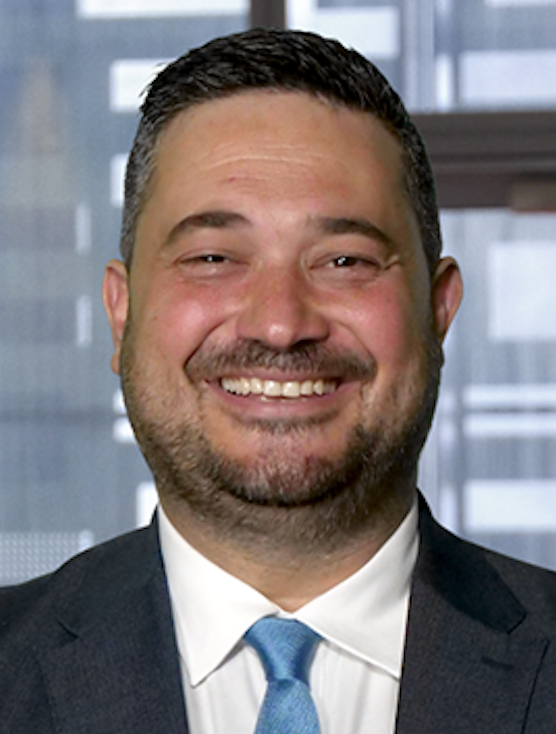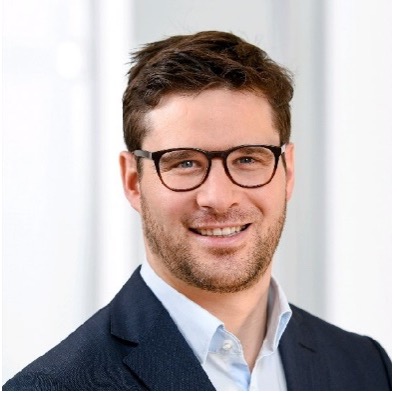KEYNOTE TALKS
Watt Matters: How Energy Tech Drives Total Resource Optimization

University of Technology Sydney
Faculty of Engineering and IT
This keynote highlights how energy efficiency technologies are not only reducing industrial energy consumption but also driving broader resource optimization. Advanced sensors, real-time analytics, and automation enable smarter use of energy while simultaneously improving the efficiency of water, raw materials, and labor. By minimizing waste, enhancing process control, and extending equipment life, these technologies create cascading benefits across the entire production system. Digital twins, AI-driven monitoring, and integrated control systems reveal hidden inefficiencies and unlock new opportunities for sustainable productivity. While supportive policies matter, the true transformation lies in how these technologies redefine the relationship between energy use and overall resource efficiency, making them central to sustainable industrial competitiveness.
How can “Smart” lead to “Green” production?

Chalmers University of Technology
Dept. of Industrial and Materials Science
Are digital technologies revolutionizing the way we make things? How can these technologies help us transition to a circular economy? Is circular economy the solution to our climate crisis? This talk will explore such questions, and challenge the role manufacturing plays in our society. Sustainability thinking cannot be an afterthought or quick fix to our environmental problems. It needs to become a core design and operating principle to integrate environmental considerations as drivers of performance. Industrial ecology and eco-efficiency will also be discussed in the context of recent industrial developments to translate these concepts into engineering solutions.
Agile Manufacturing in the EV Charging Era: Navigating Rapid Growth and Technological Disruption

Director Process Planning
Alpitronic
The EV charging industry is evolving at an unprecedented pace, requiring manufacturers to rethink traditional product development and production strategies. Unlike classical industrial approaches, where stability and long-term planning dominate, the challenge in EV charging lies in balancing rapid innovation, scalability, and reliability under extreme time pressure. This keynote will explore how Alpitronic navigates this dynamic landscape by adopting an agile approach to product and process development, leveraging automation and digitalization to maintain efficiency while ensuring high-quality standards. Key insights will include how modular design, flexible manufacturing, and data-driven decision-making enable success in an industry where speed and adaptability define market leadership.